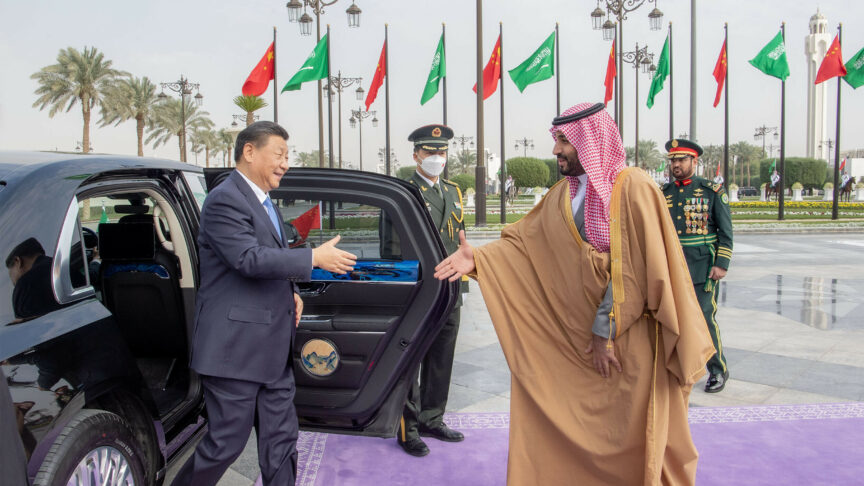
An open relationship: What European governments can learn from China-Gulf cooperation
To compete with China’s influence in the Gulf, European governments should embrace multipolarity and offer concrete alternatives to Gulf monarchies

To compete with China’s influence in the Gulf, European governments should embrace multipolarity and offer concrete alternatives to Gulf monarchies
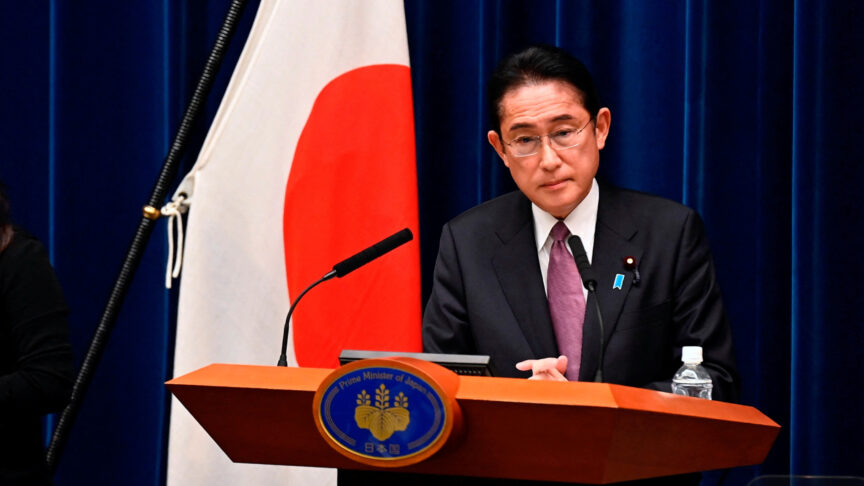
Japan’s new security strategy sends a powerful signal to current and future allies – and to possible adversaries

Both China’s zero-covid U-turn and gentler diplomatic tone are politically useful for Xi Jinping. European leaders should remain vigilant in the face of a potential new charm offensive
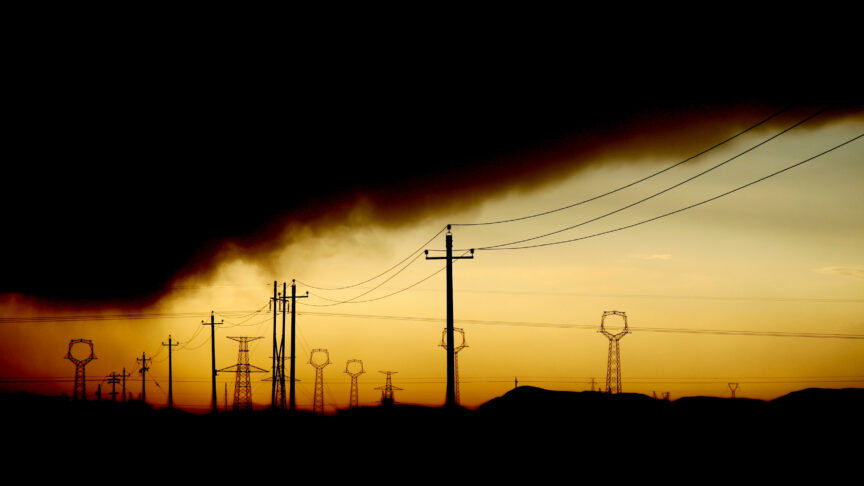
Huawei’s new approach is allowing the company to secure positions at the very core of the future data economy
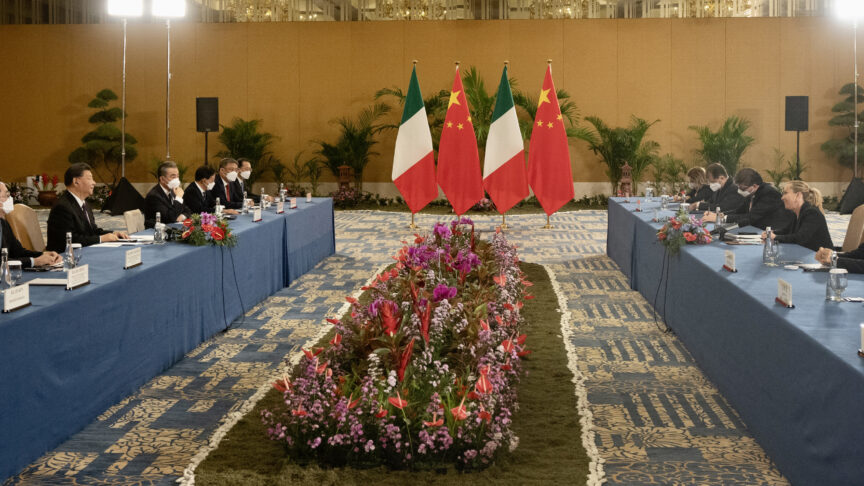
Rome’s ‘Italy First’ approach to China will not necessarily undermine EU strategy on the country, and it could even strengthen it

In a new world of strongmen and power politics, German policymakers should look beyond existing feminist foreign policy guidelines to develop a new China policy
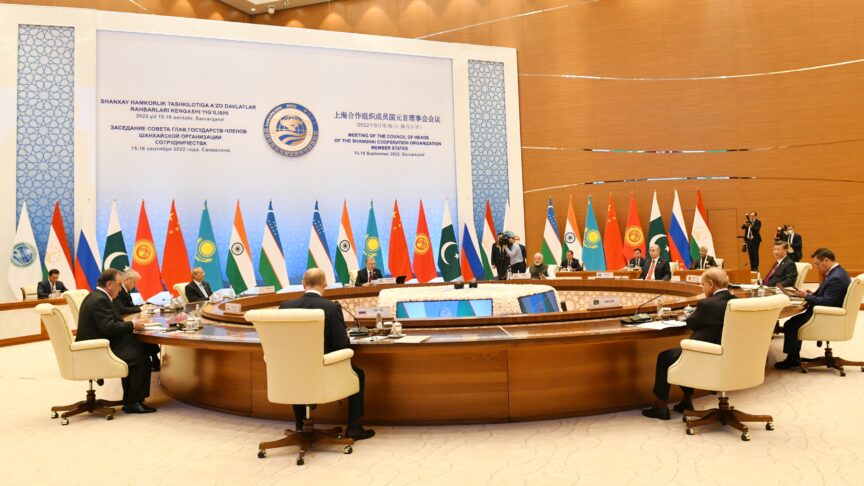
The SCO is often seen as the anti-NATO, but Putin will struggle to convince the other members – especially the Central Asian states – that his war is more important than Chinese investment

Nancy Pelosi’s visit to Taiwan is no deviation from established protocols as China claims. Rather, it is a sign of a fundamental change in lawmakers’ ability to support democracy.
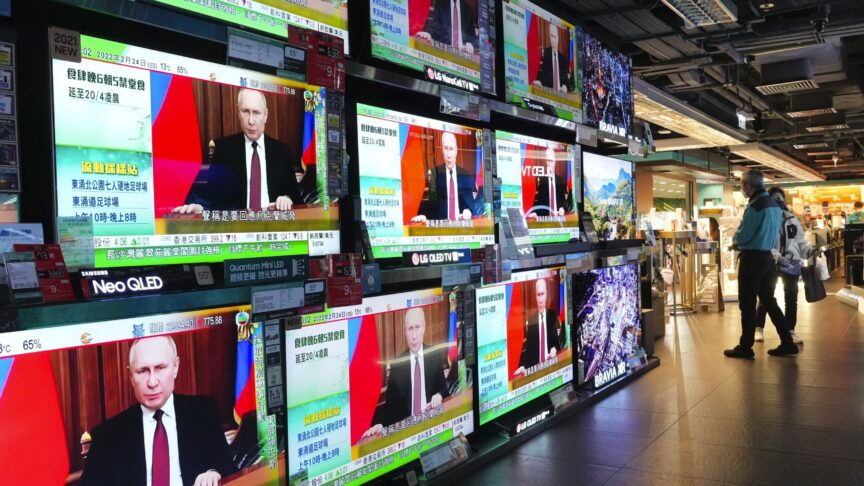
Westerners regard Russia’s war as an attack on the rules-based order, but Chinese scholars see it as another harbinger of the denouement of US hegemony. While Americans and Europeans can argue with this position, it would be a mistake not to take it seriously.
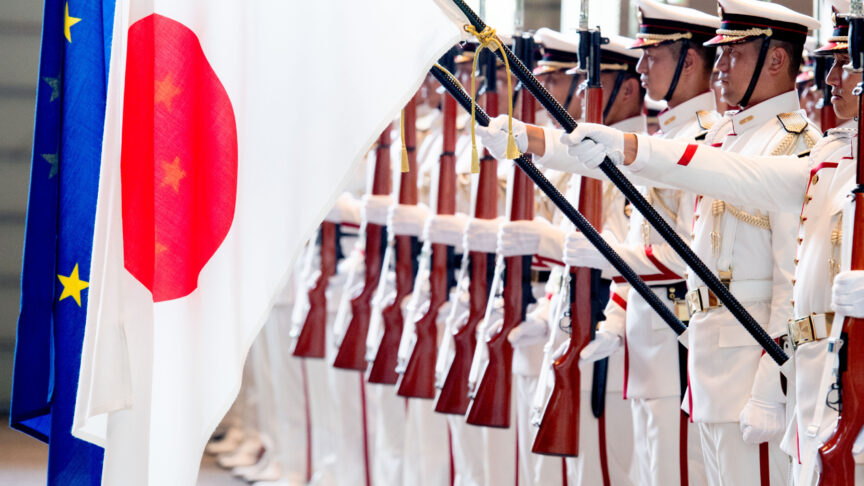
Japan has clearly signalled that it will not stand on the sidelines of global crises. It is now committed to bold diplomacy and the protection of the rules-based international order.